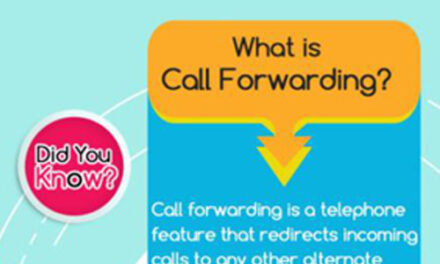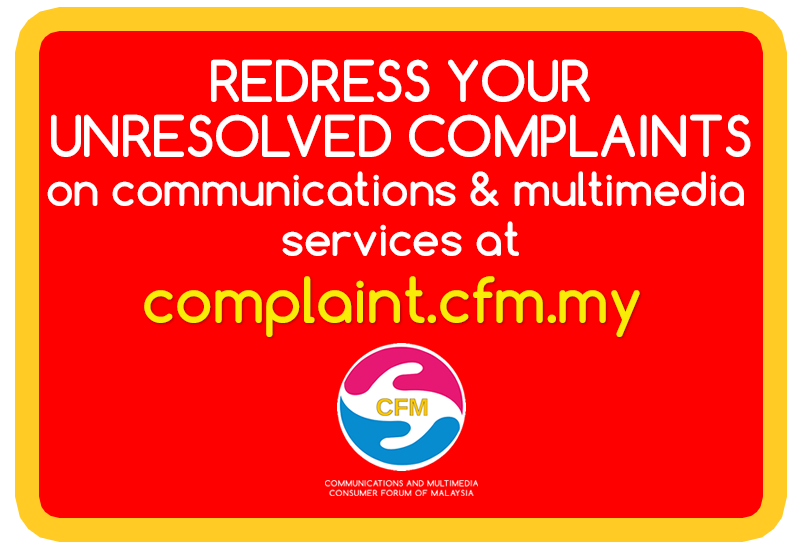
Pss..Can we ask you something?
“Have you ever been misled about the types of fees, rebates, discounts, unlimited, up to, free and charges in your mobile and Internet packages by your Service Provider (TELCO)?”
We’ve all been there. Contracts are full of fine print that can cost you big bucks. Buried within the language are many legal words and phrases that should serve as a red flag to potential hassles or rip-offs. Here’s a list of common phrases in contracts and service agreements that should cause you to proceed with caution.
Before you buy
- “Free” There is no such thing as a “Free Lunch”. Most of the time, the cost of giving you a free product or service will be embedded in your subscription contract. This could possibly be reflected in an extension of your existing contract or a commitment to pay at a later stage.
For example: ‘Free device upgrade, Free device upgrade, does it involve the extension of the contract?’ This situation usually happens when you are at the end of your subscription contract. You get so excited with the offer (usually via phone call) but forget to ask if you need to agree to a new contract for the device upgrade. Can you relate?
- “Fees” Consumers rarely compare late payment fees and other penalty charges when buying, but they should.
- “UNLIMITED” – “Fair Usage Policy or Acceptable Use Policy” sets out an acceptable level of conduct between the Service Provider and consumers when using the Service(s). As the Service Provider believe that all users should be responsible in their usage and how it affects other users. This Policy is in place with a view to ensure all customers have a good user experience.
If you read carefully in the policy, if you found a statement they have the ‘Right to Change the Policy’
For example: ‘from time to time, ‘the Service Provider’ will change this Policy without further notice to its Customers.’ Beware! It means you need to alert the AUP/ FUP regularly.
Sadly, this AUP/ FUP is a part of the T&C or Terms of Use once you already use the services.
Paying with your privacy
- “Opt out” The phrase means companies can use your data however they wish unless you take a step — you “opt out” — to stop it. Their lawyers know most people just accept the default “opt in” setting. If you go with the product or service, opt out if you don’t want them to share or sell your information.
- “Third party” This can mean you and your data are being sold to other companies for marketing purposes and you’ll ultimately receive unsolicited mail, email and other sales materials. Many free offers are just bait for third-party marketing tricks.
Why it is important to read and understand terms and conditions?
Remember this:
“When you agree to terms and conditions, you are basically agreeing to all sorts of things. In order to know exactly what you have agreed to, you have to read and to make sure you understand everything in the terms and conditions.” Most people are usually surprised when they find out what they have agreed to.
Reading and understanding terms and conditions can also help you avoid some fees and charges that are clearly stated in the contract. This is why it is very important to read it if you don’t want to end up paying extra.
Many people are surprised when they find out that they have to pay extra charges because they don’t know how vital it is to make sure you understand everything stated in the payment terms and conditions before accepting it.
This is why it’s important to always read the fine print.
TIPS!
Sometimes, when the terms and conditions are far too long to read, try to Google the simplified version. You may also want to look for specific clauses referring to the subject of your interest.
What are your rights if the service fails? What can you do if you suffer a data loss? Under which conditions do you have the right to terminate the agreement without facing any penalties? <- This kind of questions that you must keep in your mind before you quickly signing up on the contract.
#CFMmalaysia
#GetSmarterWithConsumer
#ReadTheFinePrint














